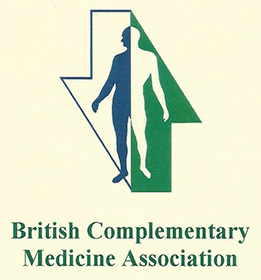MTSU Consortium Agreement: Understanding the Basics
If you are a student or a researcher who wants to take courses or access resources outside your institution, you may need to know about MTSU consortium agreement. This article will provide an overview of what a consortium agreement is, how it works, and what it means for you and your institution.
What is a consortium agreement?
A consortium agreement is a formal agreement between two or more institutions that allows their students to take courses or use resources at each other`s campuses. This agreement is usually made between two institutions that have different resources and expertise to offer, but it can also be made among institutions with similar academic programs.
How does it work?
To participate in a consortium agreement, a student needs to be enrolled in one of the participating institutions and have a need to take courses or access resources at another institution. The student must first get approval from their home institution, and then apply to the host institution as a visiting student.
Once the host institution accepts the visiting student, they will provide them with access to their courses and resources. The visiting student will then receive credit for the courses they complete at the host institution, which will be transferred back to their home institution.
What does it mean for you and your institution?
For students, a consortium agreement can provide access to courses and resources that are not available at their home institution. This can help them to broaden their academic experience, gain new skills, and enhance their career prospects.
For institutions, a consortium agreement can help to strengthen collaborations, share expertise and resources, and provide more opportunities for their students. This can also help to attract more students and increase their visibility and reputation in the academic community.
In conclusion, a consortium agreement can be a great way for students and institutions to expand their academic opportunities and collaborations. If you are interested in participating in a consortium agreement, make sure to check with your institution`s academic advisor or registrar for more information and guidance.


